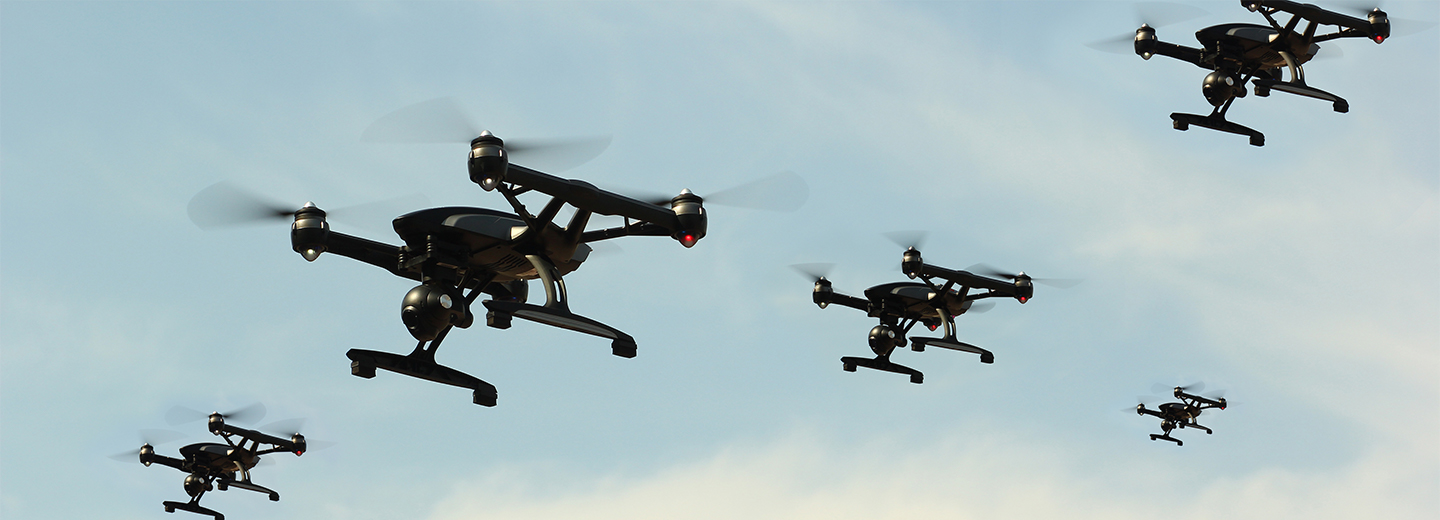
European grant for political scientist
A new project at SDU will research on the norm for use of autonomous weapons and the impact this has on the international safety order. Political scientist Ingvild Bode will be responsible for the project, which will be supported by the European Research Council (ERC).
Autonomous weapon systems that can select and attack a target with the help of artificial intelligence are on an onward march, and the lack of human involvement in this has had a strong presence in the debate.
While some countries have tried to implement new norms in the use of autonomous weapon systems, others have left the debate open in the attempt to create more maneuvering space.
The question is; to what extent will the autonomous weapon systems form and change the international norms for use of force?
The European Research Council
- The Council´s main task is to promote research of the highest standard.
- The Council hands out grants such as ERC Starting grants to up and coming young researchers.
- A project can receive up to Euro 2.5 million.
- The Council has just granted Euro 13.4 million – almost DKK 100 million – between nine Danish research projects.
Political scientist Ingvild Bode has received a grant of DKK 1.1 million from the European Research Council to carry out research on just this.
Ingvild Bode is currently a Senior Lecturer at the University of Kent but has applied for this grant in cooperation with SDU, where she will be associated at the Department of Political Science and Public Management.
This is the first time that a department in the Faculty of Business and Social Sciences at SDU has been given one of the ERC’s desired grants.
An enhanced understanding
The title of the project is “Transforming Norms Research through Practices: Weaponised Artificial Intelligence, Norms, and Order”.
The goal is to create an understanding of how norms in the use of autonomous weapon systems arise and are developed, but also what influence these new norms may have on the international safety order.
The project will be conducted across four countries: USA, China, Japan and Russia.